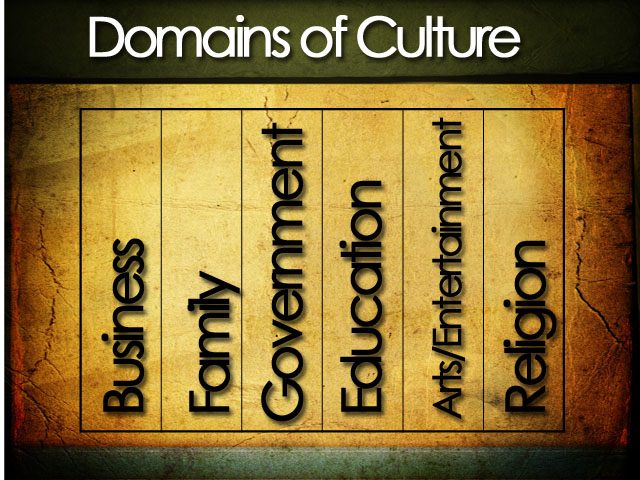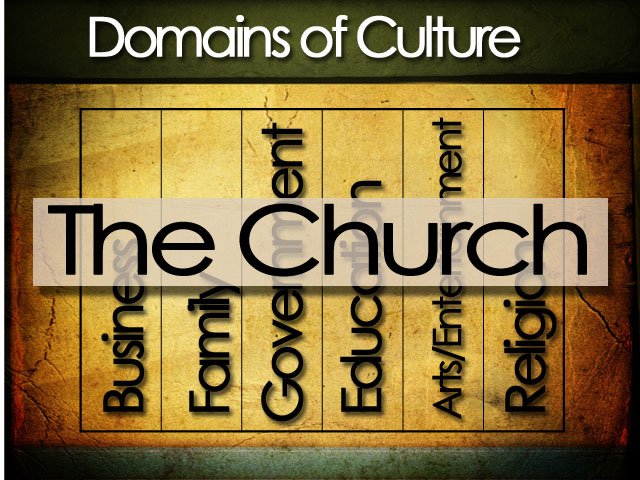“But what about you?” He asked, “Who do you say I am?” Matthew 16:15
The first followers of Jesus encountered Him in a profound and life-changing way. But with successive generations, it’s possible for this encounter to fade like a photocopy of a photocopy of a photocopy. What begins as a revolutionary, life-altering encounter with Jesus, eventually subsides into a codified religion and is then incorporated into normal social life. The “YOU say” is contextual. Each new generation, every culture is given a “you say”. And if we get our “you say” wrong, we get everything wrong. It was W. A. Tozer who said, “What comes into our minds when we think of God is the most important thing about us.” I would say that what comes into your mind when you think of Christ is the most important thing about you.
Jesus did not come to be the Founder of a religion. Rightly understood, Christianity is decidedly anti-religion. Through His life, death, and resurrection Jesus ushered in a whole new way to experience the God of Israel- which later became known as Christianity. Christianity is not a religion but a relationship. In fact, Jesus eliminated the need for religion. But for most Christians, Jesus is simply part of the American life and not the guiding, defining center. A vibrant, ongoing, and exciting relationship with Christ is reduced to just going to church. We receive Christ as Savior of our sins but not Lord of our lives. And this is what I want us to talk about today. After all is said and done, and after all the opinions of Jesus are offered…He remains the Risen Lord!
What is Christianity? It is Christ. Nothing more, nothing less. In his book, “Jesus Manifesto”, Leonard Sweet has noted, “Christianity is not a religion, it is not an ideology, or a philosophy. Neither is it a new type of morality, social ethic, or worldview. “ Christianity is the “Good News” that life, beauty, redemption, and all that is good and right, and made right is found in a Person, whose name is Jesus. And true humanity and community are founded in and experienced by connection to that Person. I’ve heard people say they want go deeper and move on to other things. Deeper? What “other things”? Other things beyond Christ? Is there anything deeper than Christ? If you think you can move on beyond Christ, you’ve never really encounter Him.
In Colossians 1:15-23, Paul sets forth one of the greatest revelations of Christ in all of Scripture. He says Christ is supreme in creation, He is supreme in authority, and He is supreme in redemption. All things were created by Him and for Him, including you. You’ll finally discover ultimate freedom and joy if you’ll allow Him to be supreme in every area of your life.




